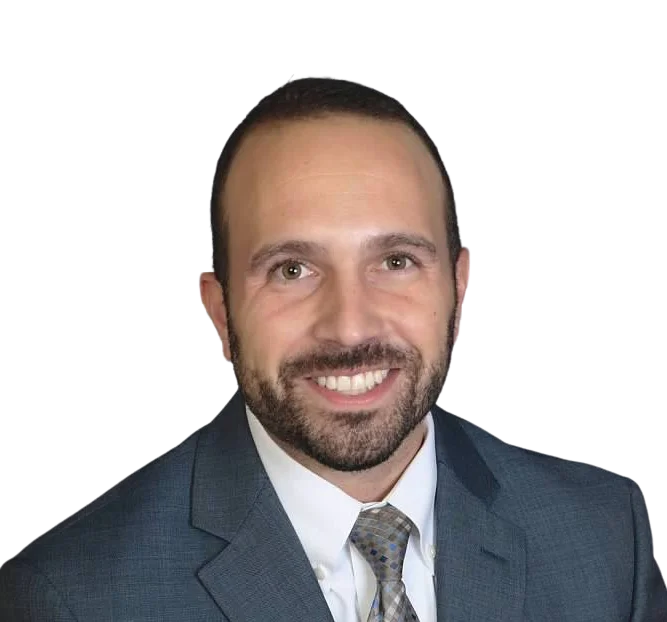Proving Liability In An Auto Accident Case
When someone is involved in a car accident and they have to file an auto accident claim, it is necessary to determine who was at fault for causing the wreck. Determining liability has a profound impact of both parties involved in an accident because the liable party’s insurance has to cover the other party’s damages. The driver determined to be at fault for the accident may also face additional criminal penalties or fines depending on the circumstances involved. It is important to show that the other driver was negligent in their actions when proving that the fault lies with the other party. If it is determined that the other party breached their duty of care to other motorists on the road, than they can be held at fault for that accident. After proving the breach of duty owed to you, you must also show that the other driver caused the accident and that you incurred damages as a result.
An experienced personal injury attorney can research your case and help you establish the liability or negligence of the other party, however, proving liability in an auto accident can be a tricky proposition. Some important steps that can be taken to help prove liability in your auto accident claim are:
Document Everything Following An Accident
After an accident you should make sure that you are out of harm’s way and call the police. Begin documenting every detail of the collision. Try to obtain the contact information of all parties and witnesses involved, and if possible, take photographs of the cars involved in the accident, any skid marks, the overall scene, and your injuries immediately afterward.
Try To Obtain A Copy Of The Police Report
Calling the police and reporting an accident immediately after it occurs is highly advisable. This is in conformation with the law and also helps to prove liability in an auto accident. The officer responding to your accident scene will make a report. You should request a copy of that report or have your attorney obtain the report for you.
Sometimes law enforcement will ask about injuries before dispatching an officer. Always ask the dispatcher to send an officer unless you are absolutely certain that no one was injured. If law enforcement is not dispatched to the scene, go to your nearest police station and fill out a crash report as soon as possible. This will be important evidence as you work on a proving liability in a car accident.
Investigation And Reconstruction Of An Accident
As is often the case in auto accident claims, liability is disputed and when this happens, expert accident reconstructionists and investigators are called upon to create detailed reports following an accident that can enable you to prove liability. Investigators often interview the parties involved as well as any witnesses to the incident and take photographs to document the scene and the damage done to the vehicles. Accident reconstruction experts take measurements and use physics to prove what happened.
Maintain Your Health And Follow A Steady Course Of Treatment
In addition to proving legal liability, auto accident injury victims often have to prove medical causation as well. This means they have to prove that the collision or wreck caused or contributed to their injuries. People involved in auto accidents often make mistakes that make it difficult for them to recover damages. Some injuries may not manifest symptoms for hours or days after an accident, therefore you should always undergo a medical examination to check for injuries following your accident.
Retain An Experienced Personal Injury Attorney
It is imperative that you contact an experienced personal injury law firm prior to signing anything or giving any statements. Insurance companies generally use recorded statements of individuals against them at trial. If you or someone you love has been injured in a car accident, you don’t have to face the fight for fair compensation alone.


